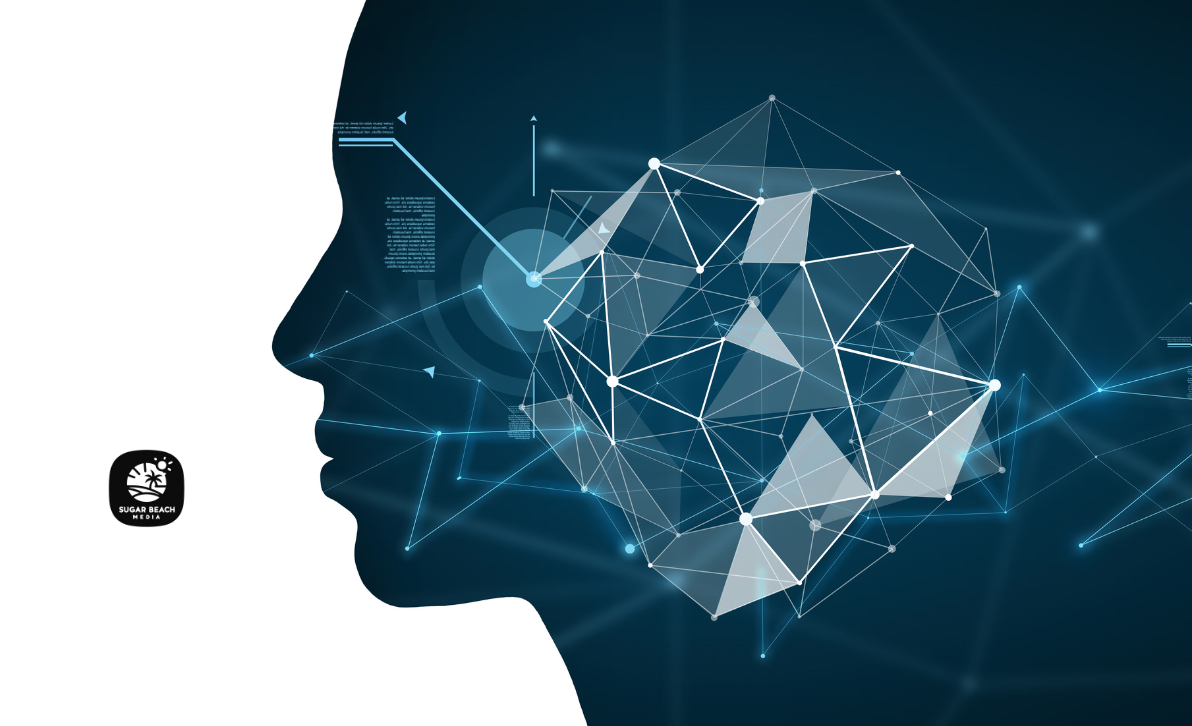Artificial Intelligence (AI) is revolutionizing marketing and communications, offering new capabilities and insights that were previously unimaginable. The integration of AI into these fields is not just a trend but a fundamental shift driven by several theoretical frameworks. Understanding these theories helps us appreciate the profound impact AI has on marketing and communications.
The Power of Predictive Analytics
Predictive analytics, powered by AI, transforms how marketers understand and interact with consumers. The theory of predictive analytics posits that by analyzing vast amounts of data, AI can identify patterns and predict future behaviors. This capability allows marketers to anticipate consumer needs and preferences with unprecedented accuracy. By leveraging predictive analytics, companies can tailor their marketing strategies to meet individual customer needs, enhancing engagement and conversion rates. This approach moves marketing from reactive to proactive, enabling businesses to stay ahead of consumer trends and deliver more personalized experiences.
Personalization at Scale
The concept of personalization is significantly enhanced by AI, which enables marketers to deliver personalized content at scale. According to the theory of personalization, consumers respond better to messages that are tailored to their specific interests and behaviors. AI algorithms analyze consumer data to create highly targeted marketing campaigns, ensuring that the right message reaches the right person at the right time. This level of personalization improves the relevance of marketing efforts, leading to higher engagement and loyalty. AI-driven personalization transforms mass marketing into individualized marketing, creating deeper connections with consumers.
The Efficiency of Automation
Automation theory highlights how AI streamlines marketing and communications processes, increasing efficiency and reducing manual labor. AI-powered tools can automate tasks such as content creation, email marketing, and social media management. This automation frees up time for marketers to focus on strategic initiatives and creative problem-solving. By automating repetitive tasks, AI enhances productivity and allows for more consistent and timely execution of marketing campaigns. The efficiency gained through AI-driven automation can lead to cost savings and improved ROI for marketing efforts.
Enhanced Customer Insights
AI provides deeper customer insights by analyzing data from multiple sources, including social media, purchase history, and online behavior. The theory of big data analytics explains how AI can process and interpret vast amounts of information to uncover trends and patterns. These insights enable marketers to understand consumer sentiment, preferences, and behaviors more comprehensively. With this knowledge, businesses can make data-driven decisions that enhance their marketing strategies and improve customer satisfaction. AI-driven customer insights also facilitate more effective segmentation and targeting, ensuring that marketing efforts are directed at the most relevant audiences.
The Role of Natural Language Processing
Natural Language Processing (NLP) is a subset of AI that focuses on the interaction between computers and human language. NLP theory explores how AI can understand, interpret, and generate human language. In marketing and communications, NLP enables more effective customer interactions through chatbots, virtual assistants, and sentiment analysis. These AI-powered tools can engage with customers in real time, providing instant support and personalized recommendations. NLP also allows for the analysis of customer feedback and social media conversations, helping businesses gauge public sentiment and respond proactively. The ability to process and analyze language at scale enhances communication strategies and improves customer experiences.
Ethical Considerations and Trust
The integration of AI into marketing and communications also raises important ethical considerations. The theory of ethical AI emphasizes the need for transparency, fairness, and accountability in AI applications. Marketers must ensure that AI-driven strategies respect consumer privacy and avoid biases that could lead to unfair treatment. Building trust with consumers requires transparency about how AI is used and what data is collected. By adhering to ethical guidelines, businesses can foster trust and maintain positive relationships with their audience. Addressing ethical concerns is crucial for the sustainable and responsible use of AI in marketing.
The Future of Content Creation
AI is reshaping content creation by generating high-quality content at scale. The theory of computational creativity explores how AI can assist in the creative process, producing articles, videos, and social media posts. AI-driven content tools analyze audience preferences and trends to create relevant and engaging content. This capability not only speeds up the content creation process but also ensures that the produced content resonates with the target audience. AI’s role in content creation represents a shift towards more dynamic and responsive marketing strategies, where content can be quickly adapted to changing consumer interests.
The Impact on Media Buying and Planning
AI is transforming media buying and planning by optimizing ad placements and budgets. The theory of programmatic advertising explains how AI algorithms can automate the buying of ad space in real time, targeting specific audiences with precision. AI analyzes vast amounts of data to determine the best times and platforms for ad placements, ensuring maximum reach and effectiveness. This automated approach to media buying reduces waste and improves ROI. AI-driven media planning allows marketers to allocate their budgets more efficiently, achieving better results with fewer resources.
Integrating AI with Human Creativity
While AI offers powerful tools for marketing and communications, it is most effective when integrated with human creativity and intuition. The theory of human-AI collaboration highlights how AI can augment human capabilities, providing data-driven insights and automating routine tasks. Marketers can use these insights to develop creative and strategic campaigns that resonate with their audience. The synergy between AI and human creativity can lead to more innovative and impactful marketing efforts. By combining the strengths of AI and human ingenuity, businesses can achieve a competitive edge in the rapidly evolving digital landscape.
Conclusion
The impact of AI on marketing and communications is profound, driven by several theoretical frameworks that explain its benefits and applications. From predictive analytics and personalization to automation and customer insights, AI transforms how businesses engage with their audience. Understanding these theories helps marketers leverage AI to enhance efficiency, relevance, and effectiveness. Ethical considerations and the integration of human creativity further shape the responsible use of AI. As AI continues to evolve, its role in marketing and communications will only grow, offering new opportunities for innovation and growth.

